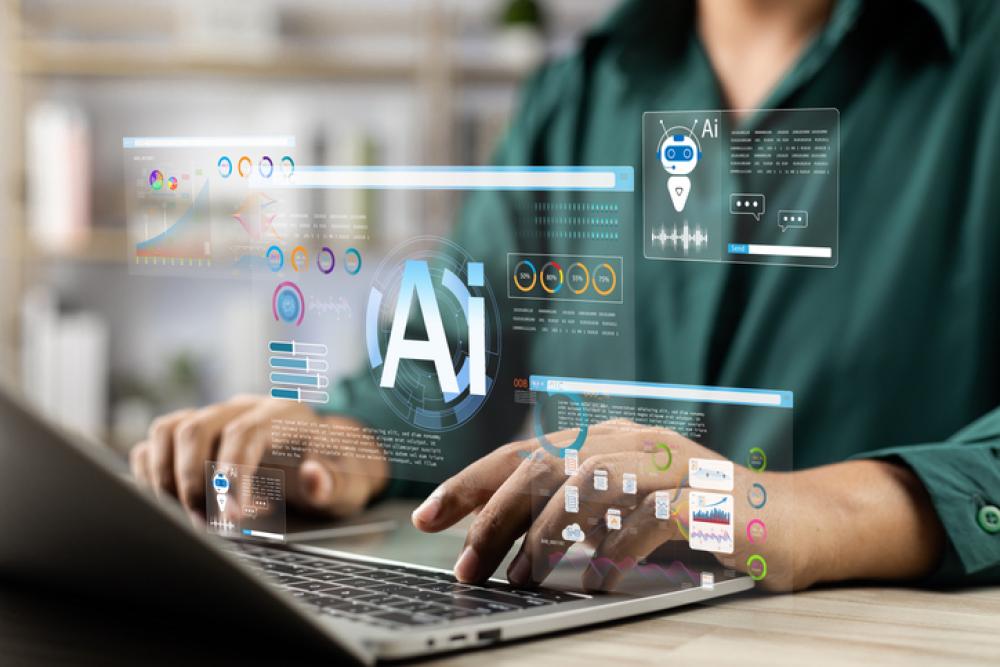General-purpose AI (GPAI) model providers should start complying with the EU AI Act, European Commission officials said during a Friday briefing. The EC's AI office can help, they added, but will "be strict with you" starting in August 2026.
Attorney general draft regulations aim “to stretch the boundaries of the New Jersey Data Privacy Act (NJDPA) -- so much so, in fact, that you should not assume your existing compliance programs would fully satisfy these proposed requirements,” Fisher Phillips attorneys blogged Thursday.
Strengthening privacy protections in the face of new technologies should be the key focus of South Korea's Personal Information Protection Commission (PIPC), according to respondents in a national awareness survey on privacy policy, the watchdog said Wednesday.
A shareholder lawsuit seeking $8 billion from Facebook for alleged violations of user privacy in connection with Cambridge Analytica was reportedly settled Thursday morning.
California privacy bills related to location, public officials and reproductive health cleared the Senate Judiciary Committee after a lengthy hearing earlier this week, the state legislature’s website showed Thursday.
A proposed change to the California Consumer Privacy Act (CCPA) about publicly available information hit a temporary roadblock Wednesday in the Assembly Privacy Committee. Sen. Aisha Wahab (D) said she planned to work with California businesses over the summer to refine SB-435, which failed to clear the committee but is still alive. “We are deeply committed [to] working with industry.”
The Senate Privacy Subcommittee will hold a hearing later this month on comprehensive privacy legislation, Chair Marsha Blackburn, R-Tenn., told us Thursday.
Kayla Bushey has joined McNees Wallace and Nurick's privacy and data security team, where she will focus on privacy regulations, cybersecurity risks and AI governance, she announced in a LinkedIn post Wednesday. Previously, Bushey was a research fellow at IAPP and a legal intern at the FCC.
AI-equipped social robots may “seem like a natural evolution of traditional smart home devices,” but “their extensive data collection capabilities, anthropomorphic features, and capacity to interact with their environment make social robots a more significant security and privacy threat,” said a Duke University paper released this week.
Using AI to recognize emotions is "dubious and risky," the Dutch Data Protection Authority (AP) said Tuesday.
